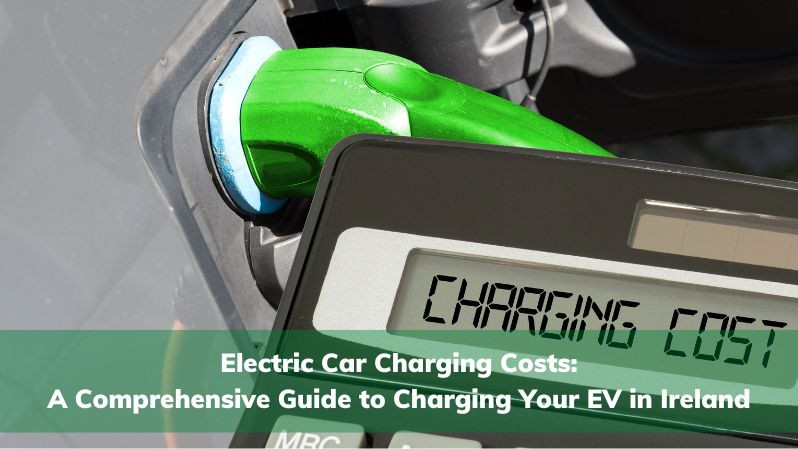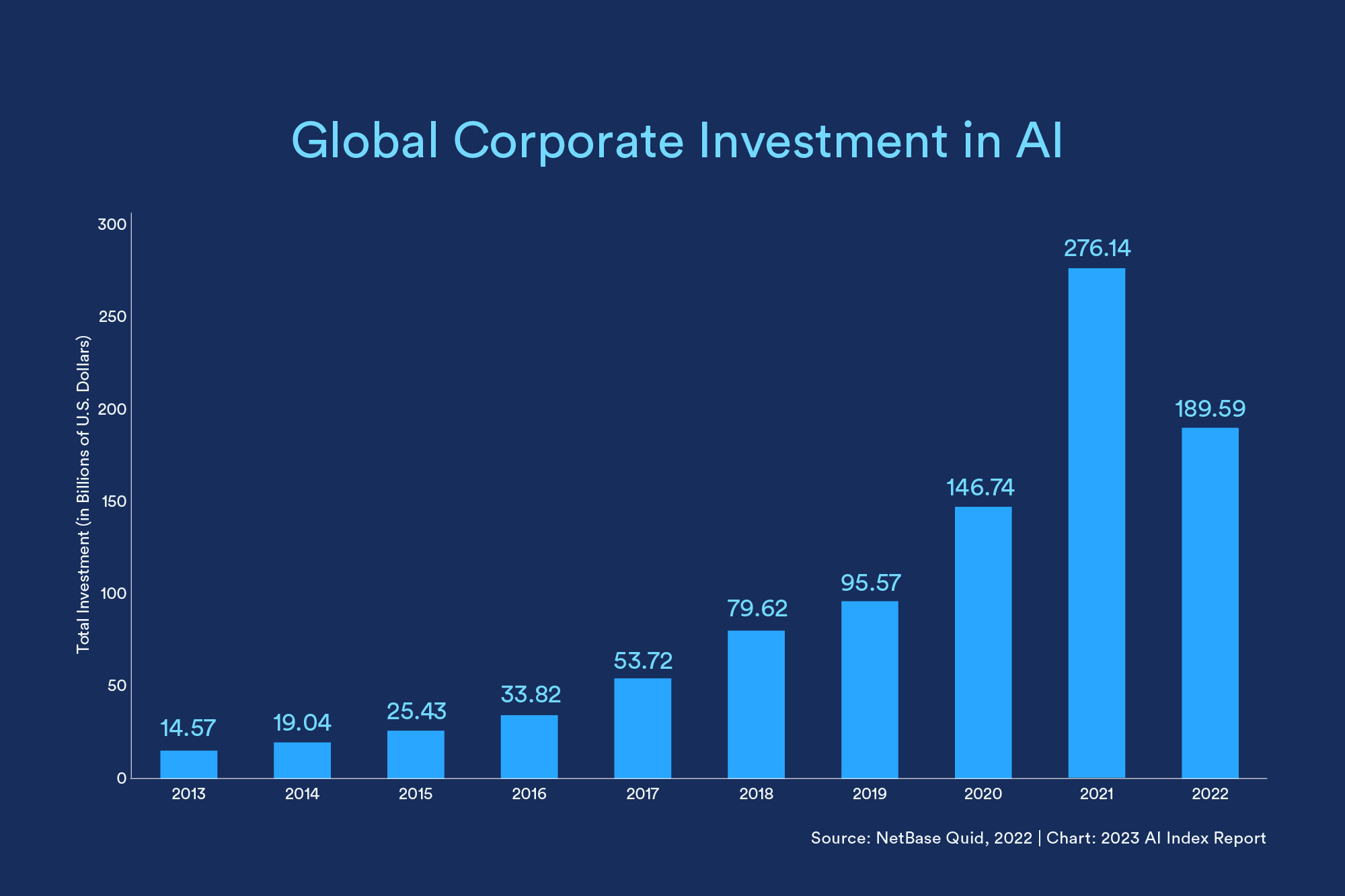Electric Car Charging Costs Plummet to 5p Per Mile: A New Era of Savings?
Electric car owners are currently experiencing a golden age of affordability, with charging costs dipping as low as 5p per mile when plugging in at home, according to new research from the AA. This remarkable drop in charging costs is a direct result of the July reduction in the energy price cap, which brought down standard rate domestic tariff costs. The news is particularly encouraging for EV owners who can charge their vehicles at their own properties, allowing them to capitalize on these lower energy prices.
The AA's report reveals that some EV drivers might even be paying less than 5p per mile if they have a special EV tariff and can leverage cheaper off-peak energy prices. This makes electric vehicles a significantly more appealing option compared to traditional petrol cars, especially considering the average cost per mile for petrol vehicles is currently 12.90p - a stark contrast to the 5p per mile some EV owners are currently paying.
A Look Back at the Shifting Landscape of Charging Costs
The decline in electric car charging costs is a testament to the evolving energy landscape. Just a few months ago, in December 2022, the price cap level for charging a car domestically was 7.99p a mile. This means that the cost of charging an EV at home has decreased by a staggering 61% since then. The drop in charging costs is particularly noteworthy when compared to the high petrol prices, with home charging being at least 60% cheaper than filling up with petrol.
Public Charging Network Prices Remain Steady
While home charging costs have seen a dramatic decrease, public charging network prices have remained relatively static across all speeds and tariffs. This stability is in stark contrast to petrol prices, which have increased by 0.50p per litre between June and July alone. The disparity between home charging and public charging costs further emphasizes the advantages of home charging for EV owners.
A Historical Perspective on Charging Costs
The recent decrease in charging costs is a significant departure from the trends observed in previous months. In June, slow and on-street charging costs fell, with some drivers experiencing rates as low as 8p per kWh for slow charging during peak times. The month of May saw a similar decline in ultra-rapid charging costs, with prices dropping by 5p per kWh during both peak and off-peak hours.
The Future of Charging Costs: A Mixed Outlook
While EV owners are currently enjoying the benefits of ultra-low running costs, this period of affordability is not expected to last indefinitely. Ofgem has announced an increase in domestic electricity prices, effective from 1 October 2024, which will see prices rise from 22.36p/kWh to 24.50p/kWh. This increase, though significant, is anticipated to be comparable to the rates observed between April and June 2024, meaning the per mile cost to charge from home will increase but will still remain lower than previous winters.
The End of the Road for Low Charging Costs? Not Quite.
Despite the upcoming increase in domestic energy prices, the AA is reassuring EV owners that the situation is not as dire as it might seem. Jack Cousens, head of roads policy at The AA, acknowledges that the current period of low charging costs will be short-lived, but offers a note of optimism. He states that EV owners can find solace in the fact that the increase in electricity prices is not as high as the peak costs experienced during the height of the Russian invasion of Ukraine.
The Big Picture: A Shift in the Automotive Landscape
The ongoing fluctuations in energy prices highlight the importance of having a diverse energy mix and finding sustainable solutions for transportation. While the immediate future might see a rise in charging costs, the long-term trend suggests a continued shift towards electric vehicles as a cleaner and more cost-effective mode of transportation. The recent decline in charging costs, coupled with the continued development of EV technology and infrastructure, points to a bright future for electric vehicles and their role in shaping a more sustainable transportation landscape.
The Bottom Line: Still a Winner
Despite the impending rise in energy prices, EV owners can still expect to enjoy significant savings compared to conventional petrol vehicles. The vast majority of EV owners charge at home, with only 15% of their charging taking place on the road, further contributing to cost savings. The ability to plan trips and utilize cheaper rates at specific locations allows EV owners to maximize their savings and benefit from the ongoing transition to a more sustainable transportation system.
A New Dawn for Drivers: Is Electric the Future?
The decrease in electric car charging costs has made driving an electric vehicle a more attractive proposition than ever before. While the future holds uncertainties regarding energy prices, the long-term trend points towards a continued shift towards electric vehicles as a more sustainable and cost-effective solution. As the world moves towards a greener future, the potential for cost savings and environmental benefits makes electric vehicles a compelling option for drivers looking for a more sustainable and budget-friendly way to navigate the roads.

















